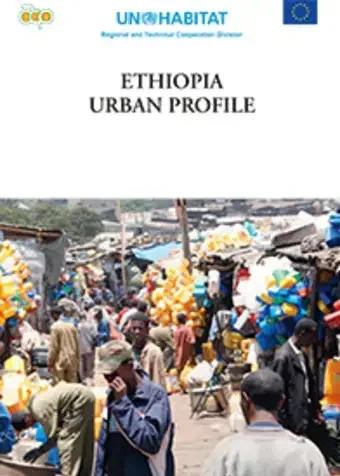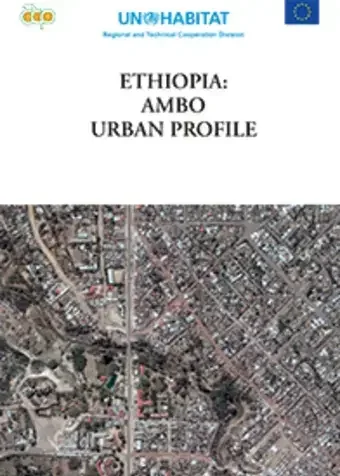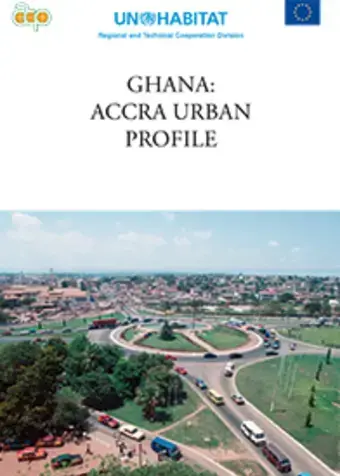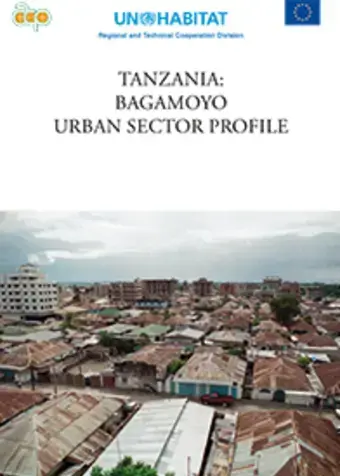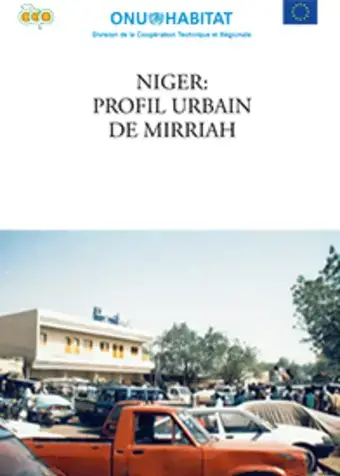Christian Werthmann from Leibniz University, Hannover, summarizes his international experience of non-formal urbanism into ten points aimed to act as a guideline for designers intending to work in these contexts. Based on real life experiences and research he describes what is essential to keep in mind when designing towards sustainable urbanization in dense urban environments. This lecture was filmed in association to the Metropolis Nonformal - Anticipation symposium in Munich 2013 including the launch of the Laufen Manifesto for a Humane Design Culture.
Urban Informality - Marginal or Mainstream? - Janice Perlman, The Megacities Project
In this lecture, Janice Perlman discusses urban informality against the background of 40 years of research in the favelas of Rio de Janeiro. The lecture lays particular emphasis on how the changes over this timespan have affected the lives of the people in the favelas. She concludes by introducing the Mega-Cities project strategy to 'shorten the lag time between ideas and implementation' in urban problem solving.
Slums - Past, Present and Future - Eugenie Birch, University of Pennsylvania
In this lecture, Eugenie Birch draws heavily on history to illustrate the location, pace, trajectory, documentation and varied solutions of historic slum conditions in Western Europe and North America; tracking contemporary slum development in Latin America, Asia and Africa, and outlines the commonalities and differences with past experience. Birch places slum development in stages that correspond to the urbanization rates and peak growth of slums of the places in question, and discusses adaptations, their benefits and costs.
